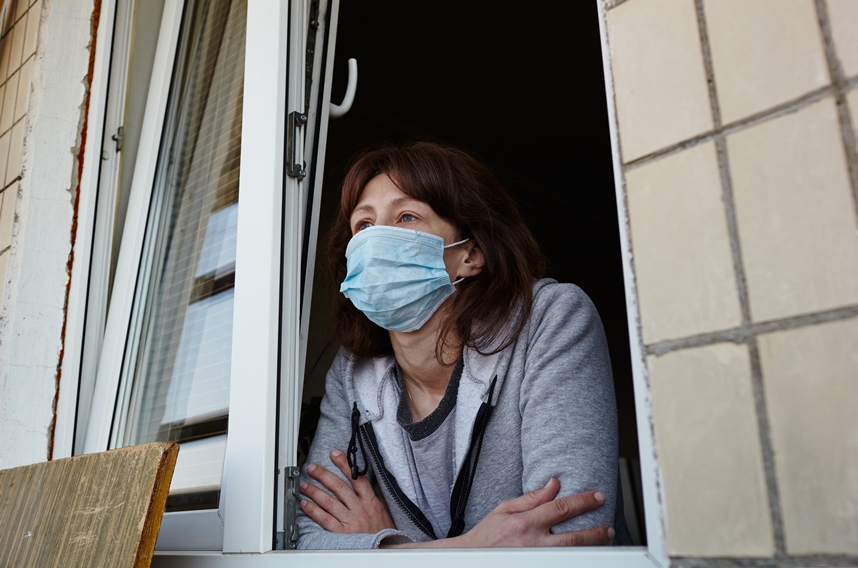As the COVID-19 Coronavirus heart-breaking death toll rises, and the message of ‘Stay at home, protect the NHS, and save lives’ continues, the World Health Organization (WHO) has warned that the restrictive lockdown measures many countries are taking around the world, such as being relatively experienced in a relaxed way in the UK even if not felt as such, may well be having a negative impact on people’s mental health and well-being.
Whilst the message is an important one, many people are struggling with not being able to meet with family members and loved ones. FaceTime, Skype and Zoom can offer us a way of staying in touch and ‘seeing’ eachother, but it can’t replace the hug from a mother or father, grandparent, son, daughter or sibling, or dear friend, that reminds us of just how much we value human contact. Only when it has gone do we realise the importance of touch and closeness, that we often take so easily for granted.
Hans Kluge, director of the European branch of the WHO reminded us only this week on the 26th March how “Isolation, physical distancing, the closure of schools and workplaces are challenges that affect us, and it is natural to feel stress, anxiety, fear and loneliness at this time.”
If you are beginning to feel the effects of social distancing, and really missing that much needed hug from a family member, dear friend, or loved one, who you have been separated from, then don’t be afraid of letting them know. Tell them you’re missing being able to be close to them and hold them. After many weeks now you might be surprised to know just how much they are missing being close to you also.
When it was first introduced, ‘social distancing’ was, in the main, accepted and respected in the fight against coronavirus. Most people realise the important of not spreading COVID-19 through closeness. What we didn’t figure early on, was the impact on our feelings of loneliness, isolation, and connectedness.
Now, as the weeks roll on, and mention of slowly ending lockdown becomes more called for, and in some countries demanded, we likely know that life after the coronavirus pandemic ends, is not going to return to any kind of ‘normal’ – for quite some time. Our desire to return to how things used to be is only matched by the realisation that coronavirus is still taking lives at an alarming rate, and that we would give anything for the next life to be lost not to be one of our loved ones.
As we slowly emerge back into the world, which we will, we will need to find new ways of sharing our feelings, and our love and care for those close to us. Whilst we hold onto the knowledge that close contact with others holds a potential danger, we will need to be mindful of the impact of holding back, and perhaps begin to get more creative in how we retain the kind of human contact that nourishes and feeds our essence of connectedness to others.
Now might be the time to write that letter, compose that song, pen that poem, paint that picture, or create through some other artistic medium, some way of telling others what they mean to you. What could you do or say or be to another that would let them know they are special to you?
It can be easy to think that those others know how you’re feeling, but, to quote the words of George Bernard Shaw, “The single biggest problem in communication is the illusion that it has taken place.” – so, what are you going to do today to keep connected to those that light up your life?
Don’t wait for COVID-19. Create a new kind of connectedness with those you value, starting today.
Dr Tom Barber is an experienced integrative and existential psychotherapist and counsellor, who has been helping people overcome personal challenges for nearly 30 years. He is a bestselling author of 6 books, and spends his time between private clients, teaching and lecturing internationally, writing, and developing programmes to help people improve the quality of their life. Tom is a co-founder of Self Help School, a rich hub of resources and education for people looking for self-improvement. His academic speciality is in the subject of trauma and emotion.


